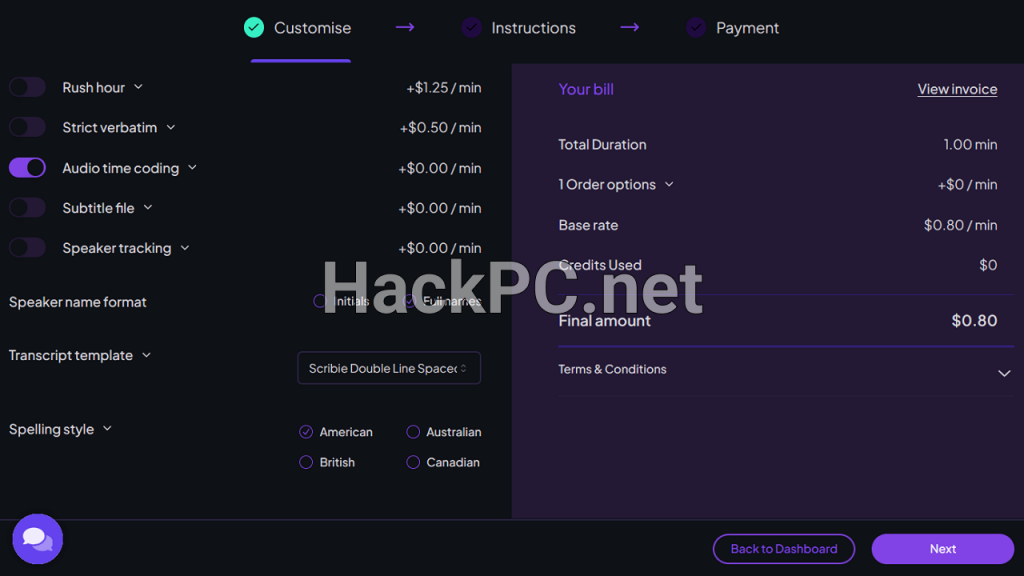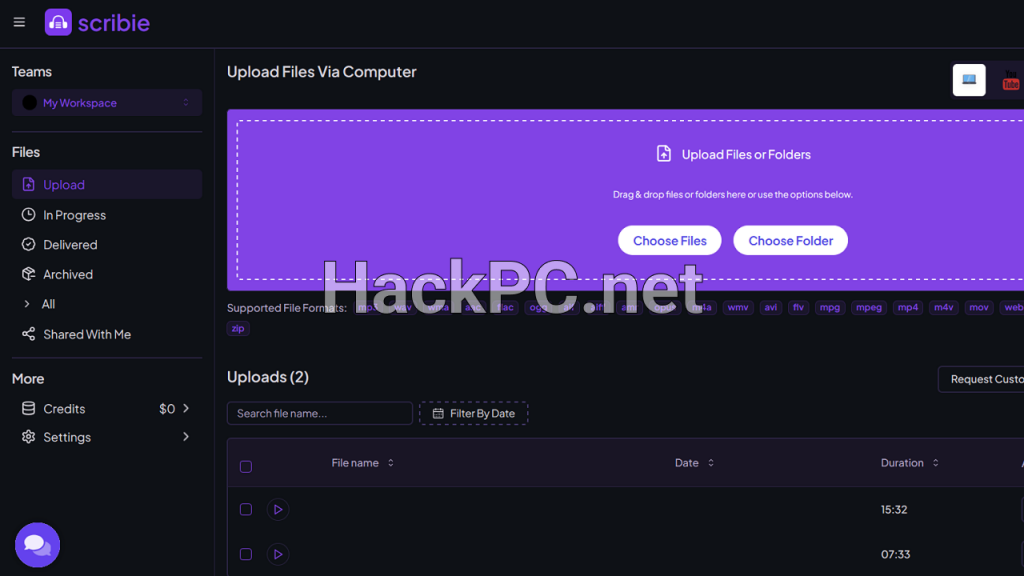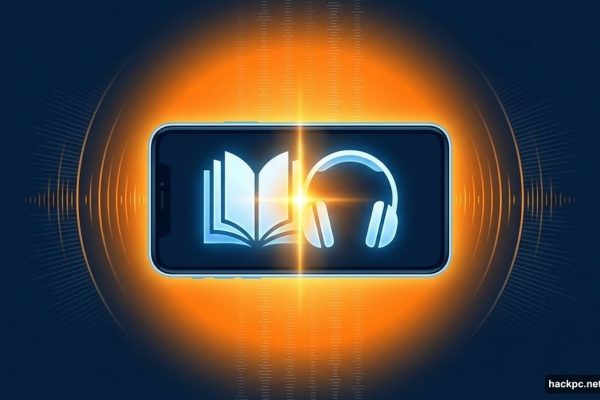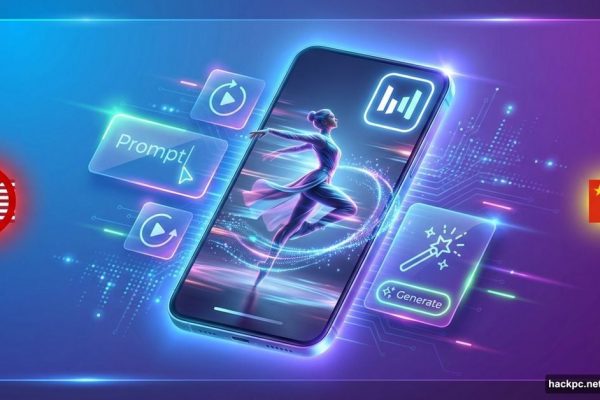
Picture this: You’ve just finished recording a crucial three-hour interview that could make or break your research project. The audio quality varies wildly—your subject’s accent is thick, background noise creeps in whenever a truck passes by, and technical jargon fills every other sentence. You need a transcript that captures every word accurately, not a rough approximation that AI might produce. This is where Scribie enters the conversation, wielding an army of human transcriptionists while competitors rush to automate everything.
The transcription industry hit $3.86 billion this year, yet 73% of businesses report frustration with their current transcription solutions. Most services promise the moon—99% accuracy, instant delivery, multilingual support—but deliver something closer to expensive disappointment. Scribie takes a radically different approach: forget the AI hype, focus on what actually works. Their four-step human verification process might seem antiquated when machines can supposedly do everything, but here’s the twist—it consistently outperforms automated alternatives where accuracy truly matters.
What Makes Scribie Different in Today’s Transcription Market
While competitors like Otter.ai and Rev embrace hybrid models combining AI with human review, Scribie maintains a distinctly human-centered approach through its meticulous four-step transcription process. This methodology involves certified transcriptionists, reviewers, proofreaders, and quality control specialists working in sequence to achieve their promised 99%+ accuracy rate for clean audio files.
The platform’s recent transition to Scribie.ai signals an interesting evolution, suggesting that even this bastion of human transcription recognizes the need to adapt. However, as of early 2025, their automated transcription features remain in development, leaving customers with a purely manual service that delivers consistent quality at competitive rates starting from $0.80 per audio minute.
Breaking Down the True Cost: Pricing Structure and Hidden Value
Understanding Scribie’s pricing requires looking beyond the headline rates. The base price of $0.80 per minute applies to clear audio with American English speakers, making a 60-minute interview transcript cost approximately $48. However, several factors can adjust this baseline:
Standard Pricing Tiers:
- Regular delivery (36 hours): $0.80/minute
- Express delivery (12 hours): $1.25/minute
- Rush delivery (6 hours): $2.50/minute
Additional Cost Factors:
- Verbatim transcription requirements: +$0.25/minute
- Poor audio quality compensation: +$0.50/minute
- Heavy accents or multiple speakers: +$0.25-0.50/minute
- Strict verbatim with all utterances: +$0.75/minute
For bulk orders and enterprise clients, custom pricing arrangements through their 24/7 live chat support can significantly reduce per-minute costs. When compared to premium services like TranscribeMe or traditional transcription agencies charging $1.50-3.00 per minute, Scribie’s value proposition becomes clearer, especially for budget-conscious researchers and content creators.

The Four-Step Quality Control Process: How Human Verification Works
Scribie’s transcription workflow represents one of the most comprehensive quality assurance systems in the industry. Each audio file undergoes multiple stages of human review:
Stage 1: Raw Transcription Files are divided into 6-10 minute segments and distributed to certified transcribers worldwide. This crowd-sourced approach enables 24/7 operations while maintaining quality through their certification system.
Stage 2: Review and Speaker Tracking Reviewers check each segment for accuracy, add speaker identification, and insert time-codes. This stage catches initial errors and ensures consistency in speaker attribution.
Stage 3: Proofreading and Collation Segments are combined into larger chunks where proofreaders verify contextual accuracy, technical terminology, and overall coherence. This stage is crucial for maintaining narrative flow in long-form content.
Stage 4: Final Quality Check The complete transcript undergoes final assessment, alternating between proofreading and quality control until the 99% accuracy threshold is achieved. Files that don’t meet standards receive free re-reviews without additional charges.
Real-World Performance: Speed, Accuracy, and User Experience
Recent testing reveals impressive turnaround times that challenge expectations for human transcription services. A 77-second test file returned completed in just 32 minutes, demonstrating that manual transcription doesn’t necessarily mean lengthy delays. For standard orders, most users report receiving transcripts well before the advertised 36-hour deadline.
The platform’s browser-based editor allows immediate verification and editing of delivered transcripts. Features include synchronized audio playback, keyboard shortcuts for efficient navigation, and export options in multiple formats including Word documents, plain text, SRT subtitle files, and VTT captions for video content.
However, the user interface presents some inconsistencies. Dashboard navigation can feel unintuitive for first-time users, with confusing volume controls and occasionally unclear progress indicators. The lack of mobile app optimization means editing on smartphones or tablets provides a suboptimal experience compared to desktop usage.
Comparing Scribie to Leading Alternatives in 2025
Versus AI-Powered Competitors
Sonix and Trint offer near-instantaneous transcription with multilingual support and advanced features like topic detection and sentiment analysis. While these platforms deliver results in minutes rather than hours, their accuracy rates typically range from 85-95% for clear audio, requiring manual correction for professional use.
Against Premium Human Services
GMR Transcription guarantees similar 99% accuracy but charges premium rates starting at $1.25 per minute. Rev’s human transcription at $1.99 per minute includes additional features like foreign language subtitles and rush delivery options, but the cost difference becomes substantial for regular users transcribing hours of content monthly.
Compared to Hybrid Solutions
Amberscript combines AI processing with optional human verification, offering flexibility between speed and accuracy. Their model allows users to choose automated transcription for rough drafts and human review for final versions, potentially providing the best of both worlds for varied transcription needs.
Industry-Specific Applications and Use Cases
Academic Research and Dissertation Work
Universities and research institutions value Scribie’s meticulous approach for qualitative research interviews and focus group transcriptions. The detailed speaker tracking and timestamp features prove essential for citation and analysis in academic papers. Graduate students working with limited budgets particularly appreciate the transparent pricing without hidden fees for technical terminology or multiple speakers.
Podcast Production and Content Creation
Independent podcasters and YouTube creators leverage Scribie for generating accurate show notes and closed captions. The clean verbatim option removes filler words while maintaining conversational authenticity, striking the ideal balance for published transcripts. Integration with content management systems through downloadable formats streamlines the publishing workflow.
Legal Documentation and Compliance
Law firms requiring precise deposition transcripts find value in Scribie’s strict verbatim capabilities, though the lack of specific legal formatting options may require additional processing. The platform’s security measures, including NDAs for all transcribers and restricted access protocols, meet basic confidentiality requirements, though firms handling highly sensitive materials might prefer specialized legal transcription services.
Medical and Healthcare Applications
While Scribie maintains confidentiality standards, the absence of explicit HIPAA compliance certification limits its suitability for protected health information. Medical professionals seeking transcription for conferences, lectures, or non-patient communications find the service adequate, but clinical documentation requires verified HIPAA-compliant alternatives like specialized medical transcription providers.
The Freelancer Perspective: Working as a Scribie Transcriptionist
Scribie’s freelance transcription program offers remote work opportunities paying $5-20 per audio hour, with rates varying based on file difficulty and transcriber ratings. The platform provides automated rough drafts to reduce typing effort by approximately 60%, though actual earnings often fall below minimum wage standards in developed countries.
Transcribers must maintain verified PayPal accounts for payment processing and meet strict accuracy standards to advance through certification levels. The flexibility to choose files and work schedules appeals to international freelancers and those seeking supplementary income, though the platform temporarily paused new applications during their system migration to Scribie.ai.
Security, Privacy, and Data Protection Considerations
Scribie implements multiple security layers to protect client confidentiality. All transcribers operate under non-disclosure agreements, with access restricted on a need-to-know basis. The platform uses SSL encryption for file transfers and stores data on secure servers with regular security audits.
However, the distributed nature of crowd-sourced transcription inherently involves sharing audio content with multiple individuals globally. Organizations with stringent data sovereignty requirements or handling classified information should carefully evaluate whether this model aligns with their security policies.
Technical Specifications and Platform Compatibility
The service supports extensive file format compatibility including MP3, WAV, MP4, MOV, WMA, AAC, and M4A, with maximum file sizes up to 10GB. The web-based architecture eliminates software installation requirements but depends on stable internet connectivity for uploading large files and accessing the online editor.
Browser compatibility extends across Chrome, Firefox, Safari, and Edge, though optimal performance occurs on desktop versions rather than mobile browsers. The lack of native mobile applications or offline editing capabilities may frustrate users requiring transcription access during travel or in areas with limited connectivity.
Customer Support and Service Reliability
Scribie’s customer service infrastructure includes 24/7 live chat support on weekdays, with email-only assistance during weekends. Response times typically range from immediate for chat queries to 24 hours for email correspondence. The support team demonstrates expertise in handling technical issues, billing questions, and special formatting requests.
User testimonials consistently praise the reliability of delivery deadlines and willingness to accommodate urgent requests when possible. The free re-review policy for unsatisfactory transcripts provides confidence, though most customers report satisfaction with initial deliveries.

Future Outlook: AI Integration and Market Position
The announced development of AI-powered features suggests Scribie recognizes the need to evolve beyond pure human transcription. This hybrid approach could address current limitations in turnaround speed and pricing while maintaining their accuracy advantage through human verification layers.
As the transcription industry approaches a projected $29.45 billion valuation by 2034, services that successfully balance automation efficiency with human quality control will likely dominate. Scribie’s established reputation and transcriber network position them well for this transition, provided they execute the technological integration effectively.
Making the Decision: Is Scribie Right for Your Transcription Needs?
Choose Scribie When:
- Accuracy matters more than speed for your English-language content
- You require detailed speaker tracking and timestamps for research or documentation
- Budget constraints make premium services unaffordable but quality remains non-negotiable
- Your audio quality varies and you need consistent output regardless of recording conditions
- Human verification provides necessary credibility for published or legal content
Consider Alternatives If:
- You need immediate turnaround for time-sensitive projects
- Multilingual transcription or translation features are essential
- Advanced AI features like sentiment analysis or automated summaries would enhance your workflow
- Mobile editing and offline access are crucial for your use case
- Your content requires specialized formatting for medical or legal compliance
The Verdict: Traditional Excellence in a Modern Market
Scribie represents a fascinating paradox in 2025’s transcription landscape—a service that achieves premium results through traditional methods at competitive prices. While lacking the instant gratification of AI transcription or the extensive feature sets of enterprise platforms, it delivers on its core promise: accurate, affordable human transcription with reliable turnaround times.
For researchers, podcasters, journalists, and businesses prioritizing transcription accuracy over speed, Scribie offers compelling value. The impending AI integration could address current limitations while preserving the human oversight that differentiates their service. Until then, users must weigh whether the trade-off between manual processing time and superior accuracy aligns with their specific requirements.
As the transcription industry continues its rapid evolution, Scribie’s commitment to human expertise may seem anachronistic to some and reassuringly reliable to others. The true test will be whether they can successfully bridge the gap between traditional craftsmanship and modern efficiency—a challenge that will define their relevance in the increasingly automated future of audio-to-text conversion.
Start your transcription journey with Scribie today, or explore alternatives like MeetGeek for AI-powered solutions or HappyScribe for multilingual capabilities. The perfect transcription service exists for every need—finding yours requires understanding exactly what compromises you’re willing to make between speed, accuracy, features, and cost.



Comments (0)